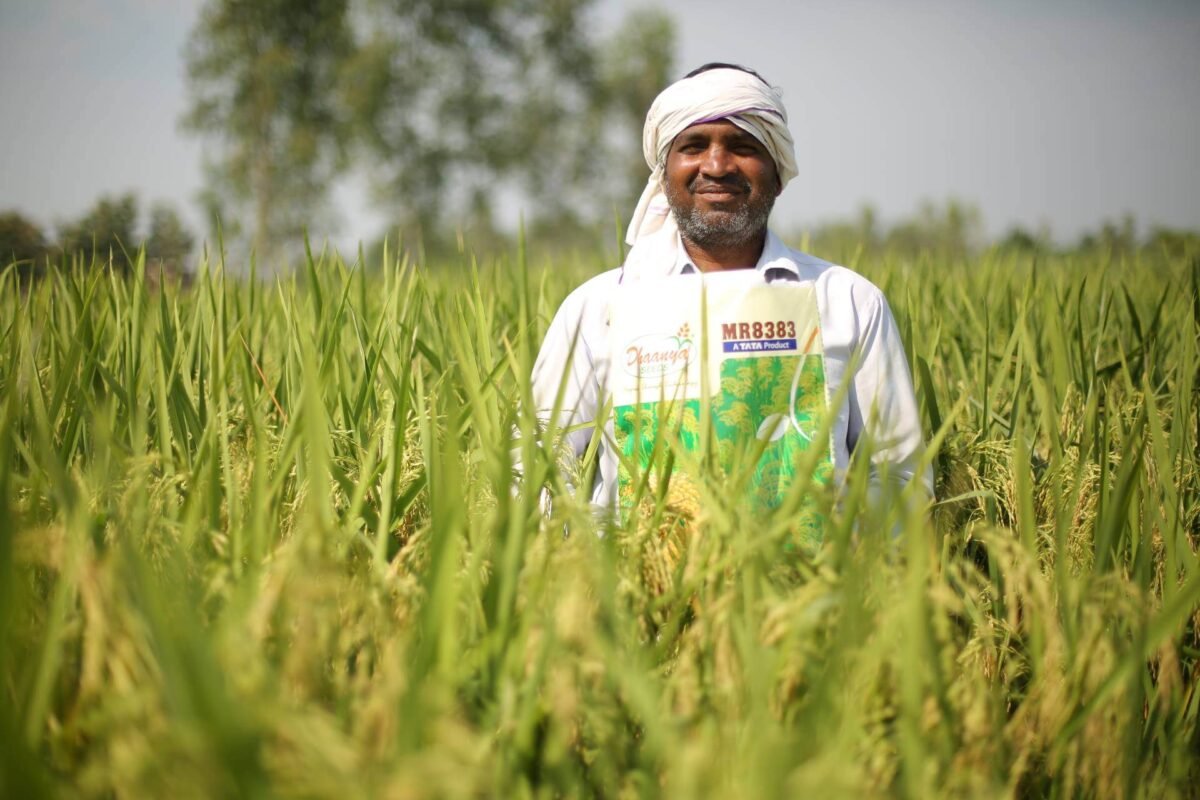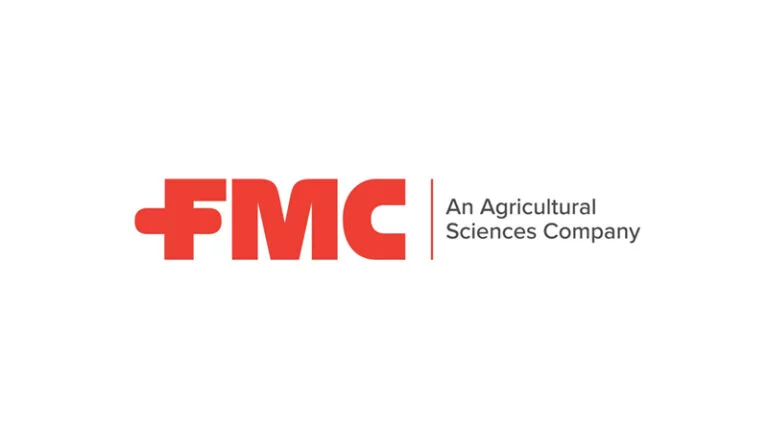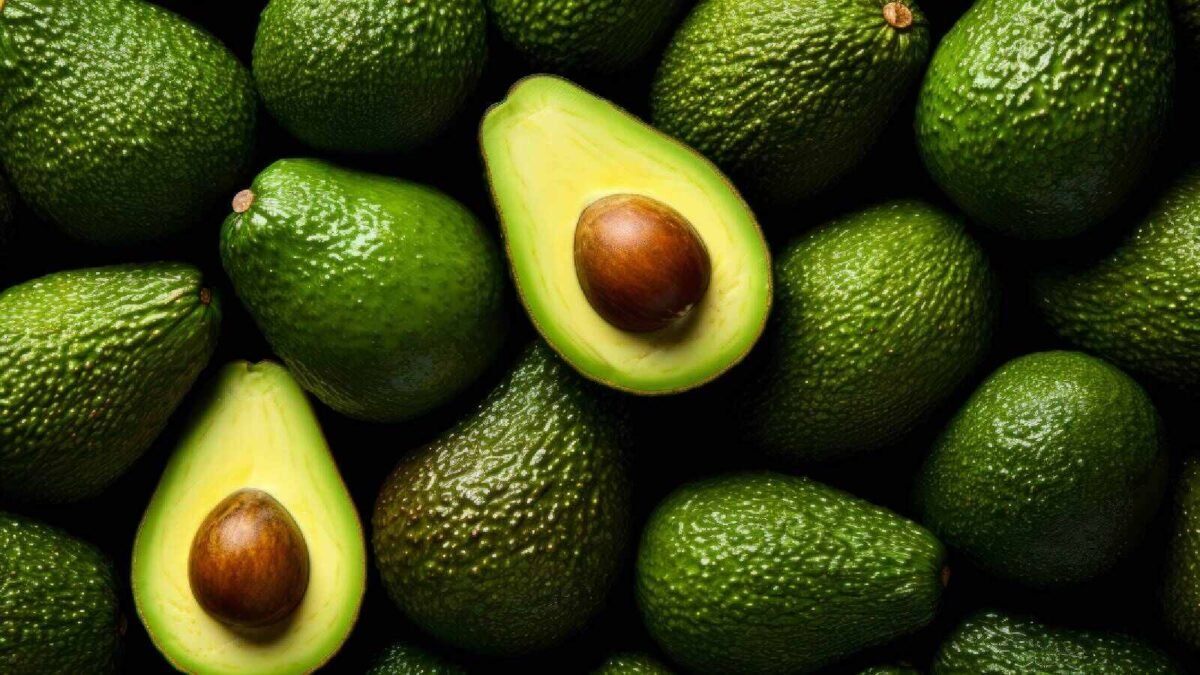Bayer, Pula Foundation partners to insure 10 Mn smallholder farmers in Sub-Saharan Africa and South Asia
By the end of 2030, Bayer’s grant for insurance premium support of 10 million euros will unlock a potential insurance coverage of 127 million U.S. dollars for 10 million smallholder farmers.
Bayer Foundation and the Pula Foundation announced at World Economic Forum that they are planning to provide insurance coverage for 10 million smallholder farmers by 2030. The collaboration aims to enhance climate resilience among smallholder farmers, protecting them against the growing impacts of droughts and floods, which threaten harvests, livelihoods, and global food security. It will help build private-public collaborations and shape the insurance market for agriculture in Africa and Asia.
The Pula Foundation has developed scalable and data-driven agricultural insurance solutions designed to safeguard smallholder farmers’ investments in their farms. By mitigating risks associated with extreme weather events such as droughts and floods, the Pula Foundation ensures that farmers receive financial compensation for yield losses, enabling them to recover, reinvest, and build long-term resilience in the face of climate uncertainty.
By 2030, Bayer Foundation’s grant for insurance premium support in the amount of 10 million euros – supported by a donation from Bayer’s Crop Science Division – will unlock a potential insurance coverage of 127 million U.S. dollars for 10 million farmers working with national governments in Bangladesh, Pakistan, Malawi, Ghana, Nigeria, Kenya and Mali. The grant originates from Bayer Foundation’s Social Innovation Ecosystem Fund which targets mature and high-impact solutions for underserved communities.
“Smallholder farmers are already affected heavily by the impacts of climate change, and this will get worse going forward. It is crucial that we enable them to feed their communities and contribute to global food security,” said Matthias Berninger, Executive Vice President Public Affairs, Science and Sustainability at Bayer and Member of the Board of Trustees at Bayer Foundation.
“Our Crop Science division is committed to deliver innovative, farmer-focused solutions that drive sustainable growth and regenerative agriculture. By unlocking climate finance and collaborating with partners like the Pula Foundation, we aim to deliver ecosystem-based approaches that empower smallholder farmers and their communities to overcome challenges and thrive,” added Rodrigo Santos, President of Bayer’s Crop Science Division, Member of the Board of Management of Bayer AG and Executive Director Bayer Foundation.
Pula Foundation and Bayer Foundation already demonstrated in 2021 that building such public-private partnerships to offer insurance protection at scale works: Together with the Zimbabwean Government and as part of the Zimbabwean Conservation Agriculture Program, they developed an insurance solution that protects the input investments farmers made. With the catalytic support of Bayer Foundation for this pilot, 31,000 farmers were insured against climate risks such as droughts in the first year, which the public-private partnership network of Pula Foundation scaled to more than 1 million farmers after three years.
“Climate resilience is not just about recovery but also about dignity and empowerment. We believe that insurance enables smallholder farmers to prepare themselves for an increasingly volatile climate, rather than waiting for handouts. We have witnessed firsthand how farmers bounce back stronger after climate shocks when they have the right tools and support,” said Rose Goslinga, Director of Pula Foundation. “This partnership with Bayer Foundation will enable us to expand our reach and ensure that millions more farmers can secure their livelihoods and build resilience against climate risks.”
Bayer aims to support a total of 100 million smallholder farmers in LMICs by 2030 by improving their access to agricultural products and services. This also includes collaborations with partners. To achieve this, Bayer strives to create market models that generate benefits and reduce business risks for all partners in the value chain, including smallholder farmers. This is implemented by helping smallholder farmers gain access to the agricultural value chain and increase their productivity and income, as well as by creating resilience to ensure the long-term food security of smallholder farmers, their families and rural regions in LMICs.
By the end of 2030, Bayer’s grant














